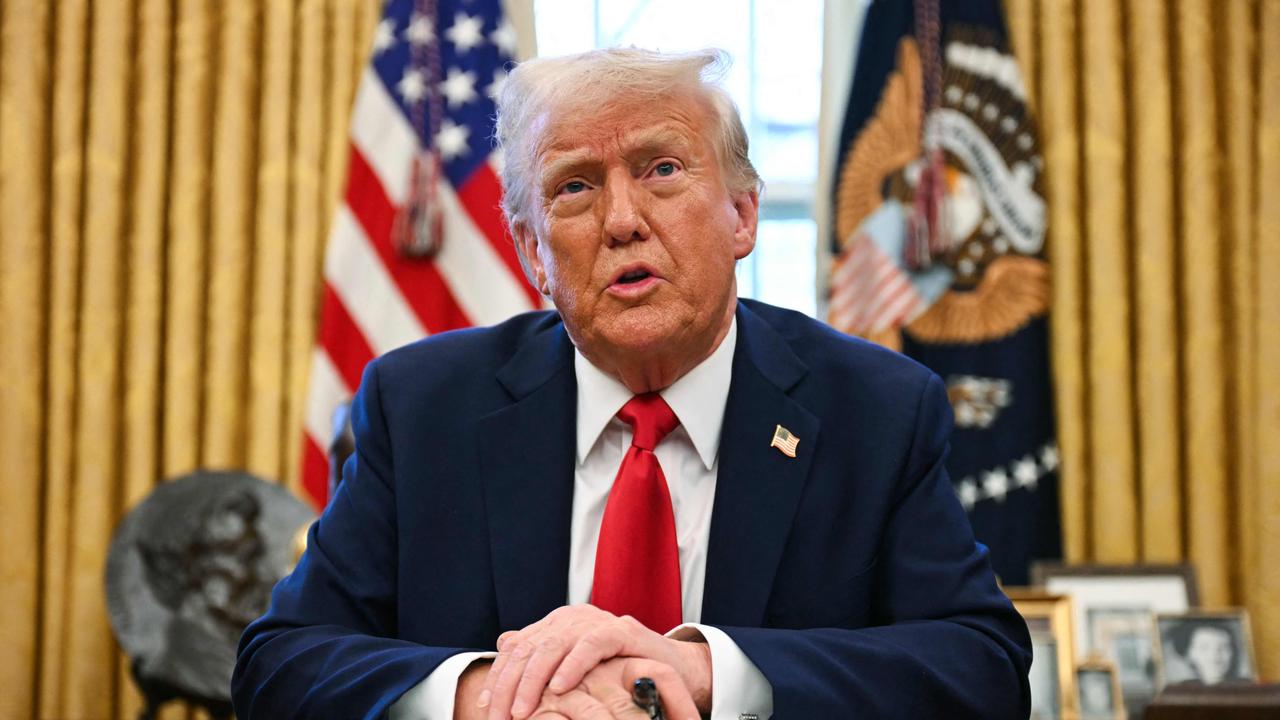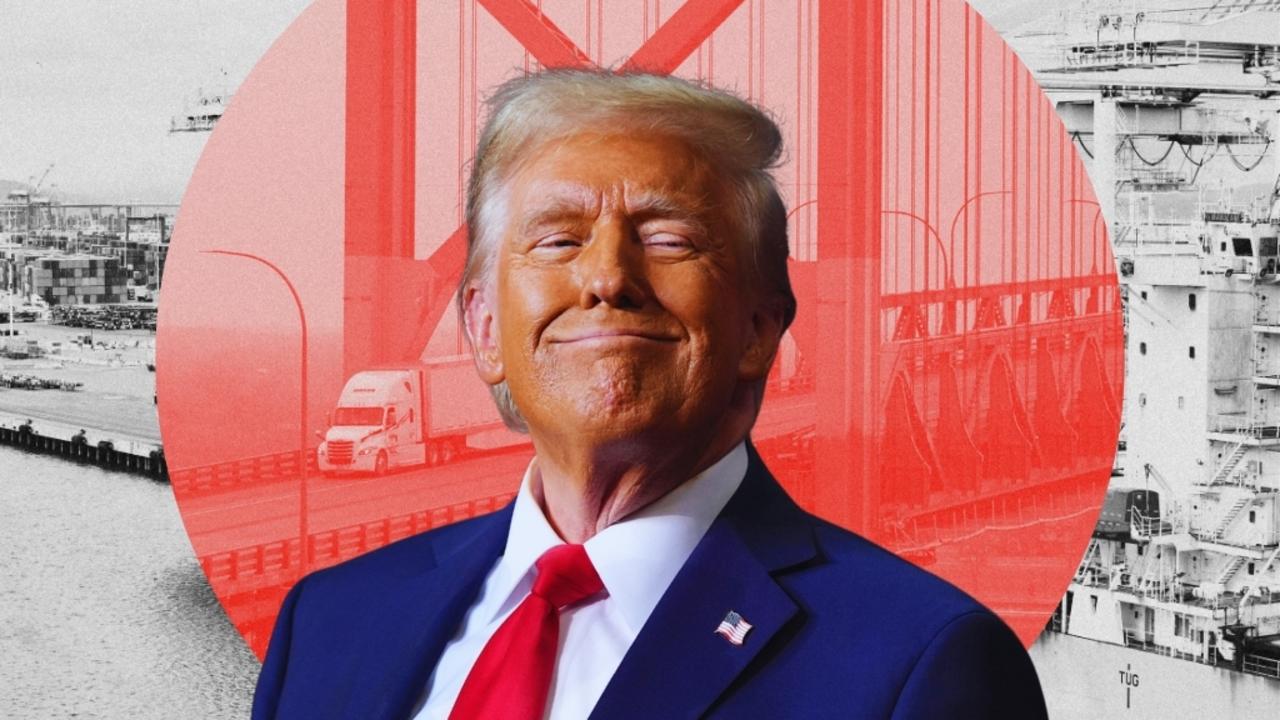How sanctions unplugged Russian steel giant Severstal from Western economy
Severstal’s experience shows how Western sanctions are convulsing some of Russia’s largest and most internationally connected companies.
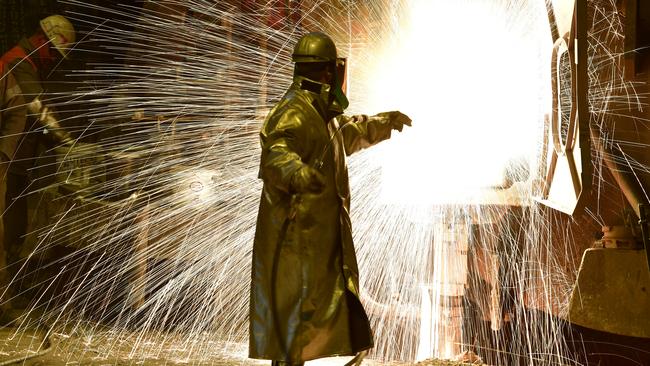
When the oligarch owner of Severstal PAO was sanctioned by the European Union last month, the move immediately froze the steelmaker out of a third of its sales and set the scene for possibly the first debt default by a major Russian company since the invasion of Ukraine.
Pallets of the company’s steel were stranded in warehouses across Europe, one of its foreign subsidiaries was left without money to pay employees and sales staff scrambled to find new clients. Yearslong relationships collapsed overnight and Western equipment — from computers to diggers — was suddenly off limits.
On Wednesday, Europe’s third-largest steelmaker by output failed to make a payment on its debt — despite having funds available — after Citigroup Inc. froze interest payments to investors in the company’s bonds. Citigroup declined to comment on the move. Severstal hasn’t declared a default, nor have the bonds’ holders or credit-rating companies.
Severstal’s experience shows how Western sanctions are convulsing some of Russia’s largest and most internationally connected companies.
“Severstal was a well-respected company, deeply embedded in the global trade system, and now it has all quickly gone badly for them,” said David Cachot, research director for steel and raw materials at Wood Mackenzie.
The EU sanctioned Alexey Mordashov, who owns 77% of Severstal, on Feb. 28, identifying him as the majority owner of what it described as the personal bank of senior Kremlin officials. Brussels also said Mr. Mordashov’s media company had actively supported Russia’s destabilization of Ukraine and that he had profited from doing business in Crimea, which Russia annexed in 2014.
Severstal executives first learned about the sanctions from the media and they informed Mr. Mordashov, who was surprised by the EU’s move, according to a person familiar with the matter. After a late-night call with executives, Mr. Mordashov issued a statement saying he wasn’t close to politics and described the fighting in Ukraine as a tragedy.
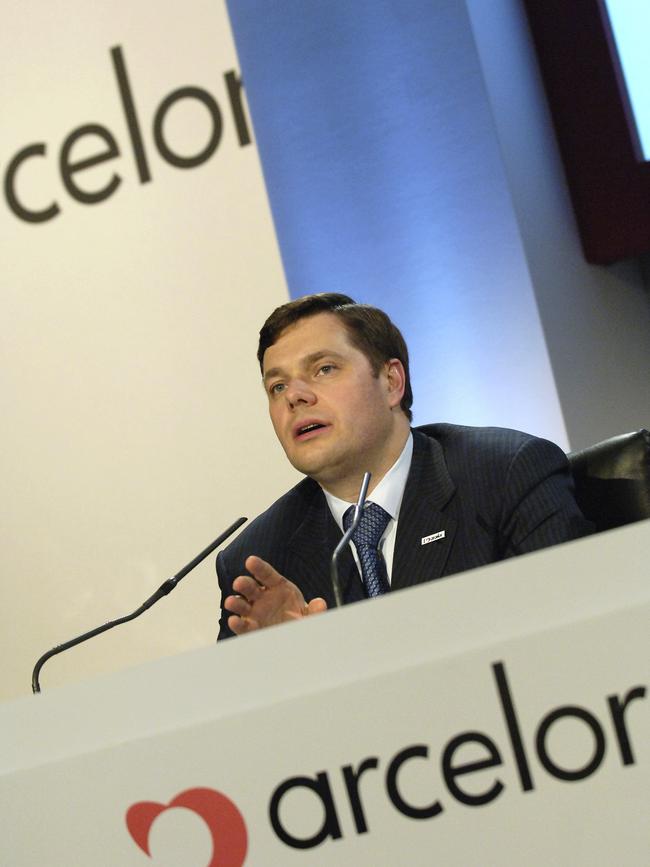
“I have absolutely nothing to do with the emergence of the current geopolitical tension, and I do not understand why the EU has imposed sanctions on me,” Mr. Mordashov said in his statement.
Even before the invasion, European customers had started to steer clear of Severstal as Russia built up its military forces on Ukraine’s border, the person familiar with the matter said. With Mr. Mordashov sanctioned, cancellations started stacking up.
One rail shipment of iron ore on its way to Finland was halted and turned around, the person added, while steel destined for clients became stuck in Severstal warehouses in various countries including Poland, the Netherlands and Germany.
The night that sanctions were imposed, Severstal’s London-based public relations company, Hudson Sandler LLP, ended their 13-year relationship with an email, according to people familiar with the matter.
Soon after, industry consultants, technology providers and Western banks told Severstal they could no longer work with the company, which is based north of Moscow. Severstal’s technology department decided to buy as many computers as they could, anticipating that ordering new items would become harder if Western companies stopped selling into Russia.
Four of the company’s foreign-based directors resigned from its board, including one who had worked for Severstal as both an executive and a board member for more than a decade.
Severstal warned at the time that it would soon be unable to send money to a subsidiary in Latvia that customizes steel. If that operation were to run out of cash, its employees don’t get paid.
The EU sanctions on Mr. Mordashov — along with similar measures later imposed by the U.K. — made it hard for banks to deal with any businesses he owns, including Severstal.
The steelmaker faced a $12.6 million interest payment to holders of $800 million of bonds. For weeks its depository bank, Citigroup, wouldn’t say whether it could pay out the money, which it held in a U.S. account on Severstal’s behalf, a person familiar with the matter said.
Citigroup later told Severstal that the company needed permission from the U.S. Office of Foreign Assets Control to make the payment, the person familiar said. Severstal said it was committed to fulfilling its obligations and would apply for any licenses needed for the payment to be made.
Even wages being paid to Severstal employees in Russia pass through international hands. For instance, Austria’s Raiffeisen Bank International AG, which has said that it is considering leaving the country, handles some of the company’s payroll payments, a person familiar said. Raiffeisen declined to comment.
The sanctions and their impact mark an abrupt fall from grace for Mr. Mordashov. Just a year earlier he had been described on Bloomberg TV as Russia’s answer to Amazon.com Inc. founder Jeff Bezos. Severstal also won several international awards including being recognised as a “Sustainability Champion” by the World Steel Association trade body.
More recently, Italian authorities have impounded his multimillion-dollar yacht and seized his residential compound on Sardinia. Mr. Mordashov has also stepped down from the board of German tourism group TUI AG, of which he was the largest shareholder. German authorities have launched an investigation into his transfer of that holding to an offshore company, TUI said. A spokeswoman for Mr. Mordashov declined to comment on the probe.
At Severstal, which has 52,000 workers, Mr. Mordashov has urged staff to keep calm. On March 3, he held an online town hall for around 900 employees, telling them they wouldn’t lose their jobs and would still get paid, according to an account of the meeting posted on the company’s Telegram account.
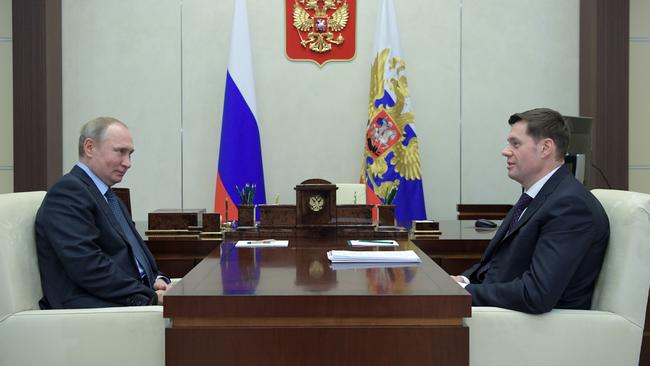
Severstal has a stable financial position with low production costs and debts, and strong domestic demand, Mr. Mordashov told employees.
“We all need to stick together, help each other, work effectively, and I am sure we will overcome all difficulties,” he said, according to the Telegram post.
But Severstal faces several challenges. While the company sells about 70% of its steel domestically, Russian officials have called on producers to keep prices low in the country. That production could be complicated by sanctions that prevent Western manufacturers from supplying specialized equipment to the steel and mining sectors.
Exports could also be tricky for the company. Severstal has said it plans to pivot its exports away from Europe and into Asia, South America and the Middle East.
Even getting steel out of Russia is now problematic because some nations have stopped their shipping companies from carrying Russian goods, and other businesses have voluntarily shunned them.
The EU’s ban on all Russian steel also means Severstal will likely face opposition from domestic rivals in any new markets. A spokeswoman said Severstal’s low production costs give it a competitive advantage even in crowded markets like Asia.
In any case, finding new buyers might be hard given overcapacity in steel, underscoring the problems that Russian companies will face as they look for new markets outside of the West.
“Big Asian economies are net steel exporters, why would they take Russian steel?” said Wood Mackenzie’s Mr. Cachot.
— The Wall Street Journal

